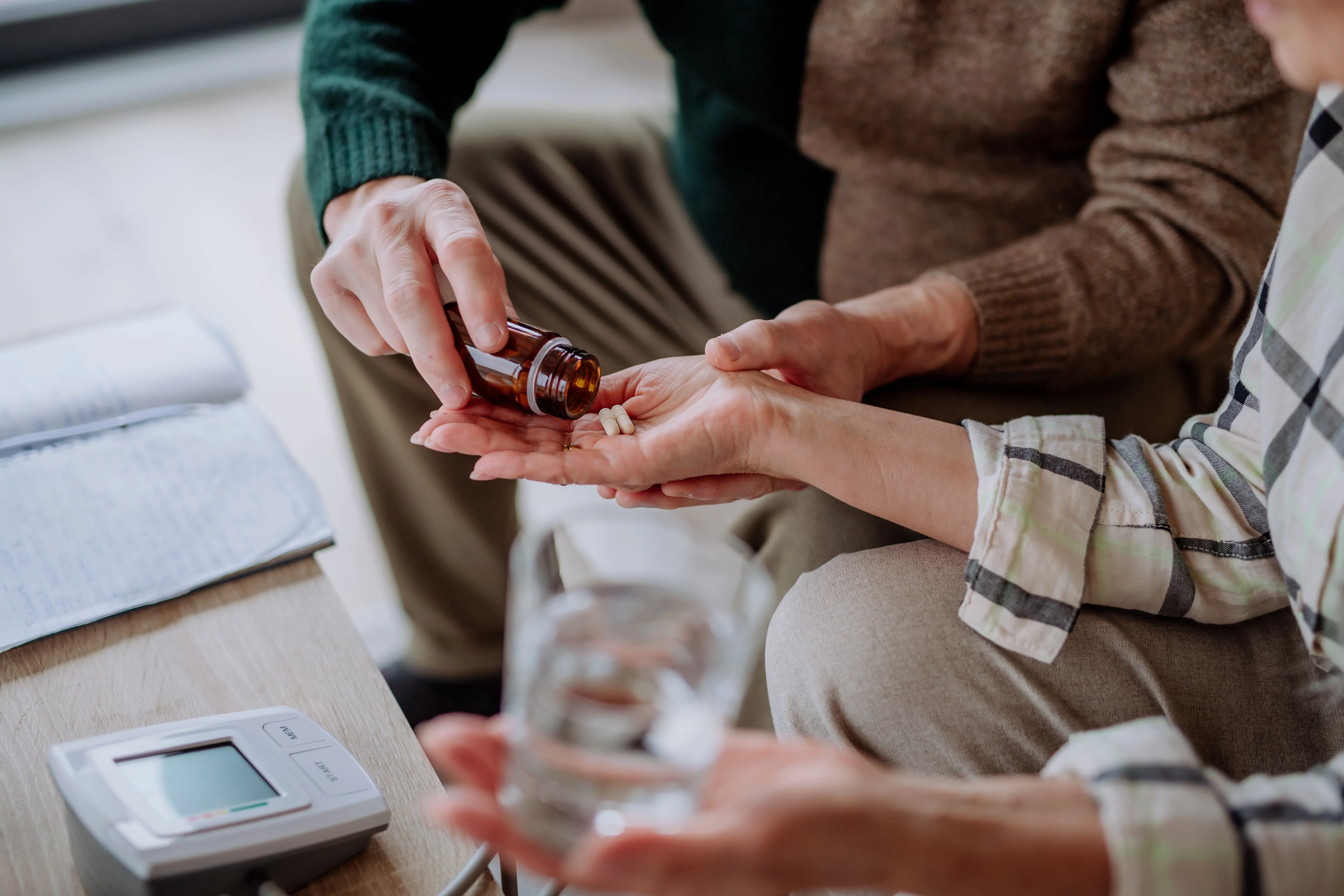
Keeping Your Loved Ones Safe, Healthy, and on Track
Managing medications at home can feel overwhelming — especially when caring for an elderly loved one or someone with multiple prescriptions. From remembering dosages to preventing interactions, families often juggle a lot. At Star Nursing, we believe medication management shouldn’t be stressful. With a few simple systems in place, you can ensure safety and peace of mind for everyone involved.
Here’s your complete family guide to managing medications at home effectively.
Table of contents [Show]
Keep an up-to-date list of all prescribed and over-the-counter medications, including:
Medication name (generic and brand)
Dosage and frequency
Purpose of the medication
Prescribing doctor
Any known allergies or side effects
Tip: Keep a printed copy on the fridge and a digital copy on your phone or email.
Weekly pillboxes or automatic dispensers can simplify daily routines and reduce errors. Choose one with clearly marked days and times.
Star Nursing Tip:
Opt for a color-coded box if multiple family members are involved in caregiving — it makes it easier to manage shifts and reminders.
Use smartphone alarms, voice assistants (like Alexa or Google), or apps designed for medication management. Reminders are especially helpful for:
Medications taken at irregular times
Multiple daily doses
Reminding elderly patients with memory issues
Keep all medicines in a cool, dry place — and out of reach of children or pets. Avoid bathroom cabinets where humidity can affect quality.
Pro Tip: Separate morning and evening meds into two labeled containers to avoid mix-ups.
Be aware of potential side effects or interactions — especially when new medications are introduced. If a loved one experiences dizziness, confusion, or unusual behavior, contact their doctor immediately.
If a dose is missed, follow the instructions on the label or consult a nurse or pharmacist. Never guess or “make up” for a missed dose — it can be dangerous.
Make sure every healthcare provider is aware of all medications the patient is taking. Bring the medication list to every appointment.
At Star Nursing, our nurses can help review medications, monitor side effects, and work closely with doctors to ensure safe and effective treatment at home.
Expired or unused meds should be disposed of safely — never flushed or thrown in the trash. Ask your pharmacy about take-back programs or follow guidelines from local health authorities.
If medication management feels overwhelming, consider hiring a home nurse or caregiver trained to handle it professionally.
Star Nursing offers medication support services, including:
Administering medications
Monitoring for side effects
Keeping records and reminders
Educating patients and families
Proper medication management is one of the most important parts of at-home care — and it doesn’t have to be difficult. With a little organization, good communication, and help from professionals when needed, your loved ones can stay safe and well-supported.
💊 Let Star Nursing help you bring clarity and comfort to your caregiving routine. Because better care begins at home.